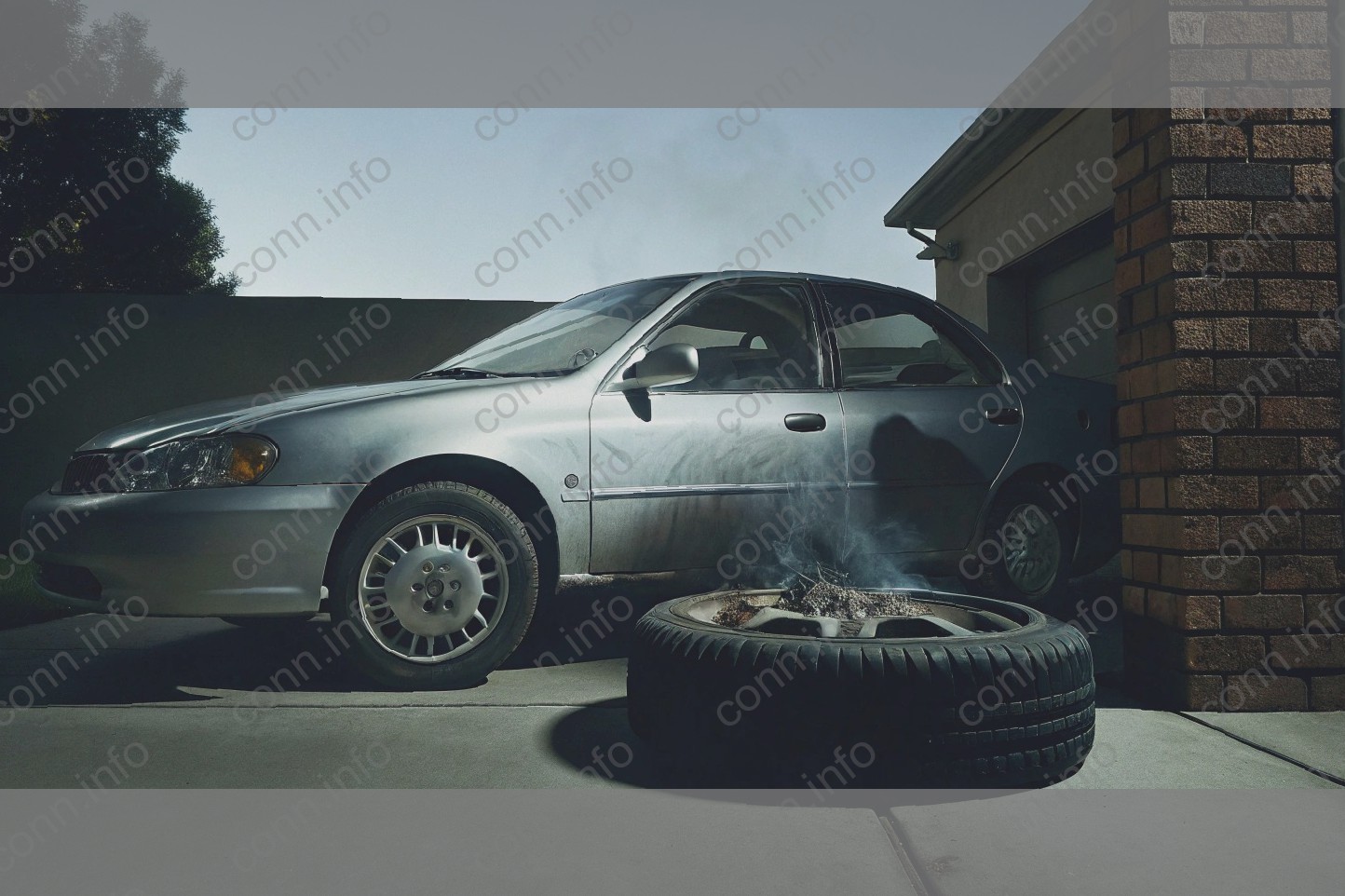What is Massachusetts’ Lemon Law?
The Massachusetts Lemon Law is a consumer protection measure that provides recourse for individuals who purchase defective new vehicles. Specifically, the law focuses on new cars – those that have not been registered prior to the purchase. While there are warranties in place that cover new cars, potential additional issues may arise after the sale. The Lemon Law attempts to protect consumers against the risk of buying defective cars and incurring repair costs as a result.
Without the Massachusetts Lemon Law, consumers would be required to bring claims from manufacturer against an individual car dealer. In effect, this would allow the dealer to act as a gatekeeper for whatever systemic issues are present. Instead , it places the emphasis first and foremost on the manufacturer. Additionally, it puts the onus on the dealer to provide for the buy-back of the vehicle if they discover that one is required.
The legislation was passed as a protection for consumers. One faulty vehicle on the road makes it unsafe for a consumer, but compounded by the number of faulty cars, it is also dangerous for others. This is fundamentally why the Lemon Law was passed.
In some cases, the manufacturer may attempt to claim that they can only buy-back the vehicle if the consumer agrees to release them from all other claims. However, take care to make sure that the automobile warranty is still enforceable after the fact.

What Are the Requirements to Qualify a New Car Under the Massachusetts Lemon Law?
To be considered a "lemon" under the Massachusetts Lemon Law, a new car must meet the following conditions:
(a) the car is one of the four types of vehicles covered by the Lemon Law: (commercial vehicles, motorcycles, all other vehicles) and comes with a warranty that obligates the manufacturer to make repairs
(b) the car has one or more recurring problems covered by the warranty that substantially impair the use, market value or safety of the car;
(c) the manufacturer has made several unsuccessful attempts to repair the car; and
(d) the problems are reported to the manufacturer within the Lemon Law warranty period, which is defined as the earlier of one (1) year from the date of delivery or the first 15,000 miles of operation. The important point to remember however, is that the warranty period must be for a minimum of one year or 15,000 miles. Some warranties may be longer, but they cannot be shorter.
Under the Massachusetts Lemon Law, it does not matter if the interest you have in the vehicle is by way of a sale agreement, installment purchase or lease. Therefore, both consumers and businesses are entitled to protections under the Lemon Law.
What Should You Do if You Believe Your New Car is a Lemon?
Think you have a lemon vehicle? Before you take legal action, take a few steps that are the most effective to resolving the situation.
Step 1: Reporting Lemon Problems
The first steps are to keep track of the problems and continue trying to get them fixed. You should document everything: dates of service visits, the names of the people who will help you, the times of those visits, what was covered under warranty, as well as the problems covered under warranty. The more details you have, the better your case will be. You should keep a copy of any bills and warranty work performed along with all of your paperwork in a binder or folder. You should avoid leaving your vehicle at the dealership for repair. At the very least you should have a written estimate for parts and labor. If you have a good relationship with the dealer they might be able to provide you with the paperwork for free. Otherwise, you might have to pay a nominal fee. Another option is to purchase a similar item from an online retailer. Since this is a warranty issue, keep all receipts for those items as well.
Step 2: Repair Attempts
If the same issue occurs within the warranty period, then you must give the dealer a "reasonable" amount of workdays to fix the vehicle. The definition of reasonable can depend on the type of problem. A good rule of thumb is to wait for 30 days or 30% of the time allotted to fix a vehicle, whichever is shorter.
Step 3: Contact the Manufacturer
If the same issue persists when the vehicle is returned to your possession, or arises again after you have taken the car home, notify the manufacturer in writing via certified mail return receipt requested that you have made three attempts to fix the same issue and no success. You should include photocopies of the service invoices listing the specific problem, and how that problem was not resolved. Keep a copy of all correspondence with the manufacturer. You might also want to allow the manufacturer another attempt to fix the vehicle, but that is not required.
Step 4: Lemon Laws
If the consumer fails to receive a written warranty by the manufacture within a reasonable time period, then the consumer is responsible for giving the manufacturer an opportunity to comply with the law. The manufacturer has an obligation to repair, replace or repurchase the vehicle. In a lawsuit, the Court will require some evidence to prove that the manufacturer was given a reasonable opportunity to perform repairs, and that their response was ineffective.
Hopefully, you were able to get your vehicle repaired before you reach this point. However, if you aren’t pleased with the results, you still have legal recourse.
"At some point, the car has to be deemed a lemon, and the consumer is entitled to a refund," Fischer said. "The general rule of thumb is that there have to be three attempts to fix a problem. After that, the consumer can demand that the manufacturer buy back the car." That’s easier said than done, though. When it comes to lemon law claims, manufacturers and dealers do not put up a fight. Fischer said that manufacturers and dealers are usually willing to cooperate in order to avoid a long court battle.
What Rights and Remedies are Consumers Entitled to?
The Remedies Available to Consumers
Under the Massachusetts Lemon Law, the remedy for a defective new vehicle is repair, replacement or refund. Mass. Gen. Laws. c. 93B, § 4. If the manufacturer cannot fix the problem to the consumer’s satisfaction within a reasonable number of repairs or attempts, the consumer has the right to choose a refund or a replacement vehicle. Another option is to pursue arbitration with the manufacturer. There are several advantages to going through the arbitration process.
Arbitration is a non-judicial procedure set up by the manufacturer that is conducted by an arbitrator from the AAA (American Arbitration Association). It is often cheaper and faster than court proceedings. The consumer and the manufacturer present their respective cases to the arbitrator. The arbitrator then makes an award taking into consideration the facts and circumstances of each case. The award can be binding on one of the parties , or both. The manufacturer should inform the consumer of the arbitration process when it notifies the consumer that a condition has been failed on the "Lemon Law Repair Order." The consumer then has 15 days to notify the manufacturer of its decision to pursue arbitration. Upon the consumer’s request for arbitration, the manufacturer is responsible for making the arrangements.
Lemon Law Exemptions and Limitations
While the Massachusetts Lemon Law has several protections for new car consumers, it is not without its exemptions. Familiarizing yourself with these exclusions forms an important part of the Lemon Law process. Several examples are explained below.
One notable exclusion is for used cars. Used cars are typically not covered under the Lemon Law, though a manufacturer may place a warranty on a used car at the time of sale. A good rule of thumb is to check the warranty provided on any used car purchase; if the warranty gives further rights or assurances to the consumer, it may be for the length of the warranty excluding the Lemon Law protections. While some "certified pre-owned" warranties left over from a new car sale may cover the purchased used car, this is not always true. State Lemon Laws, Massachusetts included, typically apply only to new car purchases; in this case, "used car" is any car that was not the first one sold by the manufacturer to a consumer.
As noted earlier, mileage caps may also exclude some potential Massachusetts Lemon Law cases. For example, the Lemon Law requires that manufacturers fix, at no charge to the consumer, any defect that appears after the car is leased or purchased and that substantially impairs the use, market value, or safety of the car. However, to qualify as a "substantial impairment," the defect must show itself within 15,000 miles for lease agreements and 18,000 miles for sales contracts. Thus, if the defect occurs after these usage limits, the Massachusetts Lemon Law may not apply.
A final exclusion is for average wear and tear. In these cases, the defect is not considered substantial and the Lemon Law does not apply. Manufacturers may also try to limit Lemon Law protections through warranty disclaimers; if they do so, they may still be liable under the Massachusetts consumer protection law, however.
How to Obtain Lemon Law Legal Help
Once you suspect that you have a valid lemon law case, or you have determined that you do have a lemon car, your next step is to seek out the legal assistance of an attorney who has experience in handling lemon law cases. Because lemon law cases are quite technical and usually take place in a specialized court with peculiar rules , it is a good idea to obtain lemon law legal assistance very early in the process. Once you enter into an informal dispute resolution before some manufacturers, like Chrysler for example, it is very difficult to get out of that process. It is far better to simply contact a lemon law attorney before you enter an informal dispute resolution and allow that attorney to properly preserve evidence and navigate those proceedings.

